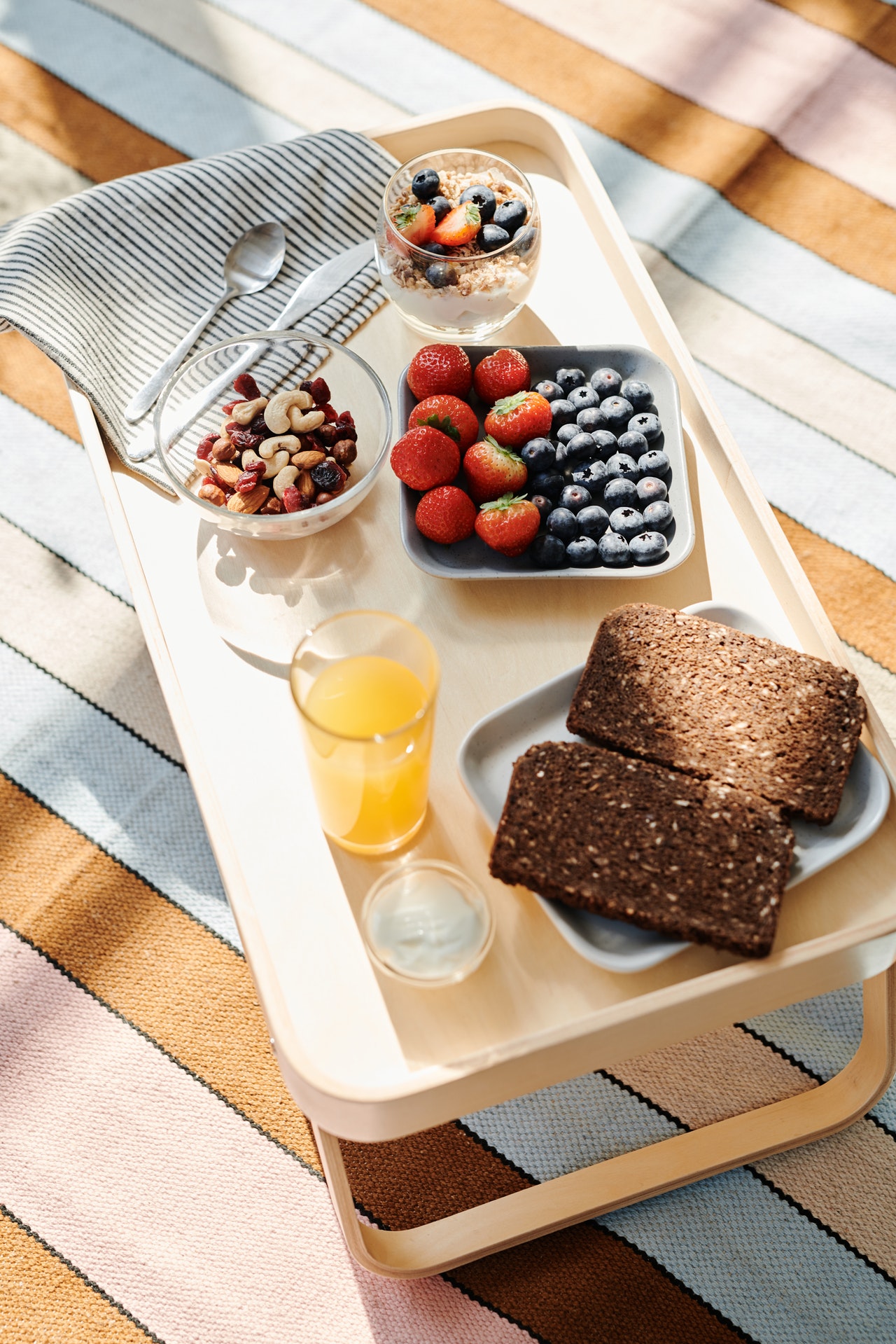
As you begin to work on your food budget, it is important that you work with what you have, consider how many people you are feeding, and of course, keep it realistic. There is a balance between saving money on food and making sure you get enough to sustain yourself and your family.
Here are some tips for creating a realistic and sustainable food budget.
Consider Your Needs and Other Factors
Before creating your food budget, you need to consider your lifestyle, needs, how many people you are feeding, and food costs in your area. This is why everyone’s food budget is a little different. For example, if you live in a city, your bodegas will probably be considerably more expensive than someone in the suburbs with other grocery stores.
Also, consider if there are dietary restrictions you need to be aware of, how much time you have to cook, how many people you are cooking for, and any other details that might increase or decrease your food budget.
Track Your Food Spending
To figure out where to start your budget, get an idea of what you typically spend on food. This should include groceries, eating out, and any snacks you buy at convenience stores or while getting gas.
What did you spend the last month or so? Go through your bank statements if you tend to use your debit card on groceries and eating out at restaurants. Make a list of how much you spent on food and when, and keep note of it. This will help you determine how much you want to set your food budget.
Split Your Monthly Budget Into Weekly Spending
Many people find it easy to figure out their food budget monthly or bi-weekly but then break it down into a weekly budget. If you try to use a monthly budget, it is easy to use it all up after 2 or 3 weeks, then be left with nothing to buy more food the last week of the month. Take your monthly amount, and split it up into weekly amounts.
Include the Costs of Eating Out
Always include the costs of eating out at restaurants or getting takeout when putting your food budget together. If you know your family enjoys getting pizza every Friday, you need to add that to your budget. Consider if you have plans and might be eating out with friends or going on a trip, and your spending may be a little higher some weeks.
Adjust and Tweak as Needed
Remember that budgets change all the time. There are many reasons a budget might change, including income differences, traveling or being home more, family dynamics changing, seasonal changes, and so many other factors.
Final Words
Creating and sticking to a food budget can be a daunting task, but it is essential to save money. With a little bit of effort, you can create a budget that works for you and your family. Remember to be realistic and stick to your budget as closely as possible.




Leave a Reply